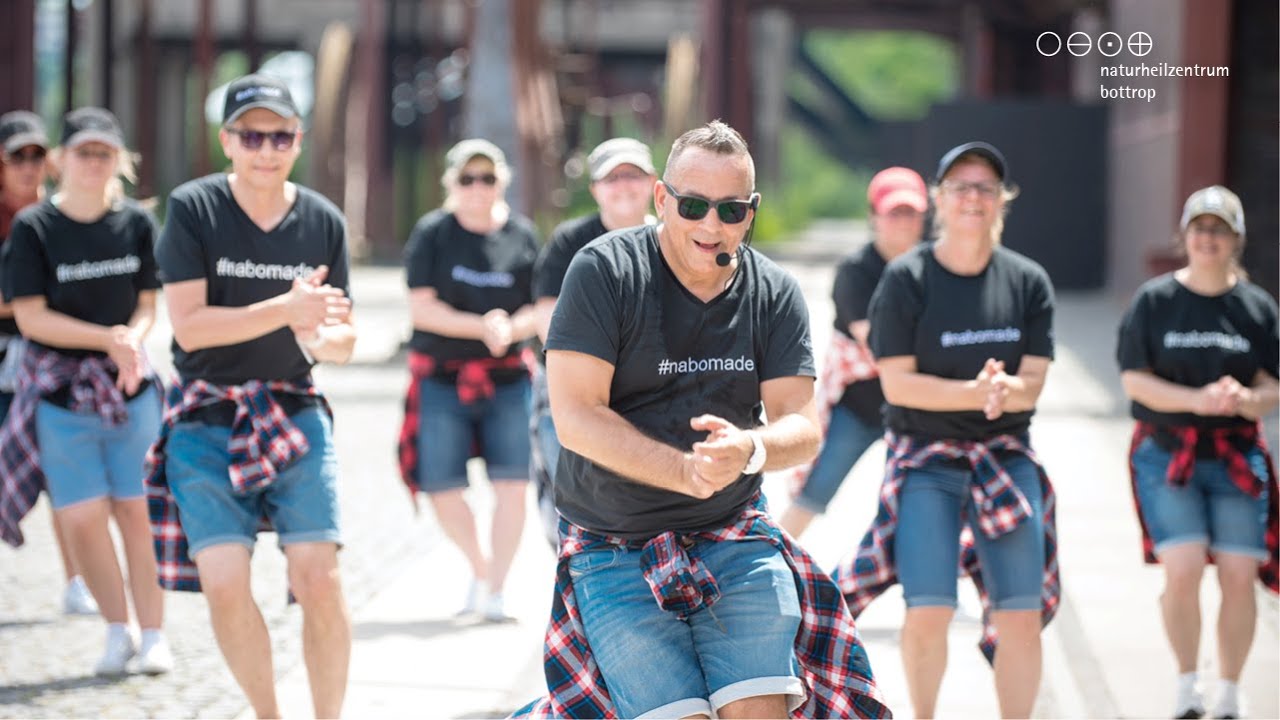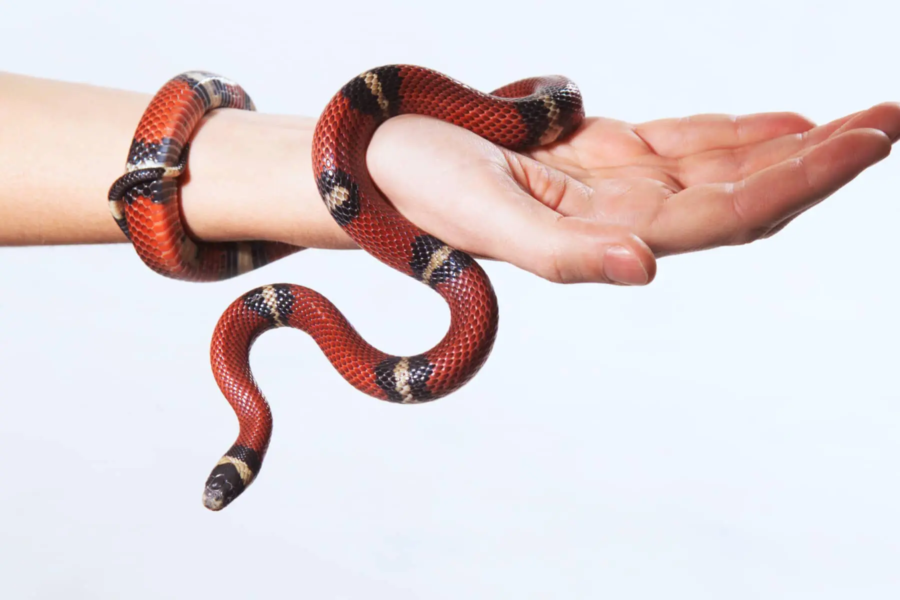Dementia & Alzheimer’s – Can dancing prevent dementia?
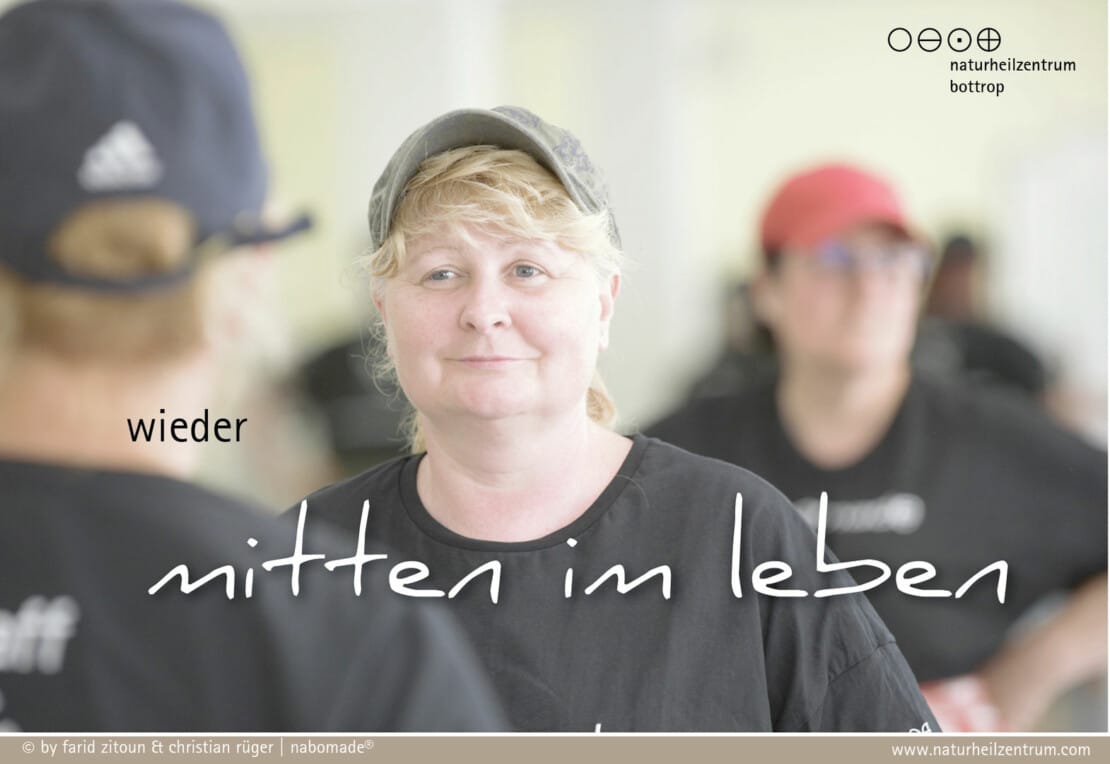
How dancing could help with dementia and Alzheimer’s
With up to an estimated 1.7 million affected People in Germany, dementia has almost already reached the status of a common disease – and the number of sufferers continues to rise, as the German Alzheimer’s Society recently noted (https://www.deutsche-alzheimer.de/fileadmin/alz/pdf/factsheets/infoblatt1_haeufigkeit_demenzerkrankungen_dalzg.pdf). Affected People and their relatives suffer greatly from illnesses that are often incurable. In many respects, modern medicine is still almost powerless against such complex diseases.
What exactly is dementia? What distinguishes dementia from Alzheimer’s and how can you prevent dementia? Naturopathy offers a possible answer to the last question, which will surprise you.
Dementia – meaning & symptoms
Dementia is a medical condition in which the mental abilities of the patient continually deteriorate over time. This affects the thinking, memory and language skills, as well as attention span and sense of orientation. Symptoms worsen in most cases over time, and are rarely recognized as symptoms of dementia at the beginning. The initial warning signs often consist of a lack of energy and regularly occurring gaps in a Person’s memory.
At the more advanced stages, dementia sufferers even lose the memories of their closest family members, can no longer get their bearings, and are dependent on constant help to cope with everyday life. The German Federal Ministry of Health has more information on dementia here: https://www.bundesgesundheitsministerium.de/themen/pflege/online-ratgeber-demenz/krankheitsbild-und-verlauf.html
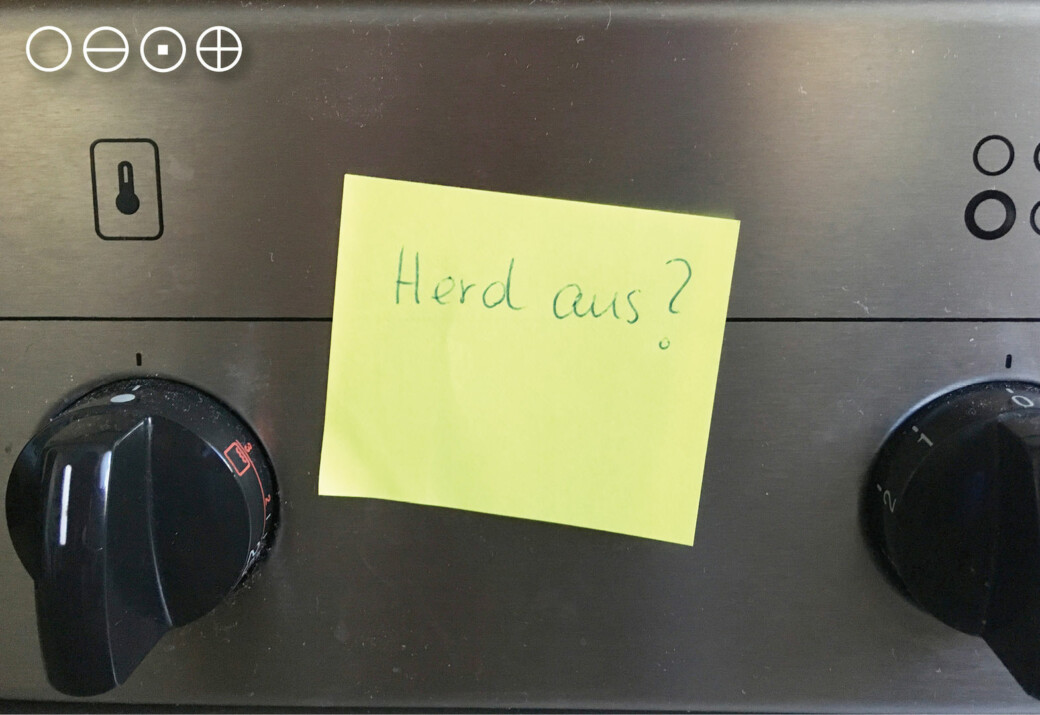
What’s the difference? – Alzheimer’s & dementia
The term “dementia” is usually used only as a description of the defined symptoms or as a generic term for specific diseases that trigger these symptoms. One of these diseases is Alzheimer’s, where, due to unexplained circumstances, successive neurons gradually die off and the brain decreases in size. The progression is often gradual.
With an estimated proportion of more than 60 percent, Alzheimer’s disease is also the most common form of dementia. This is followed by vascular dementia with a share of 20 to 30 percent. A further 15 percent is accounted for by mixed forms of the two diseases, which together constitute the largest proportion of dementia causes.
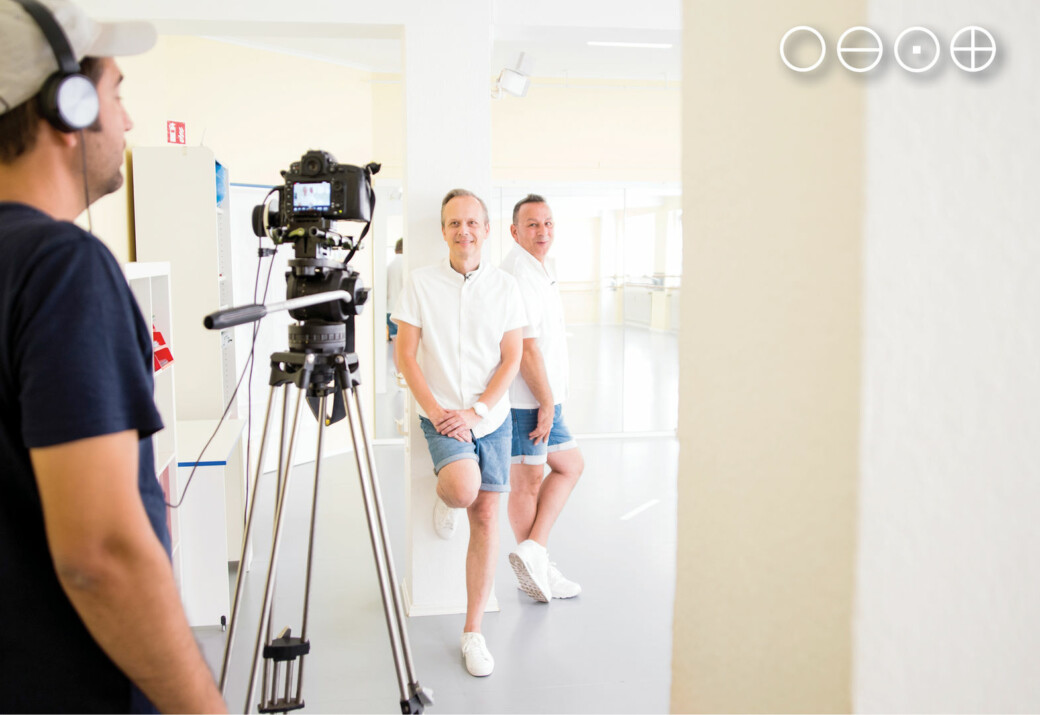
Treating dementia – what other alternatives does naturopathy offer?
Anyone who suspects that they may have dementia should first have it checked out by a doctor who can make a firm diagnosis. As Farid Zitoun, Institute Director of Naturheilzentrum Bottrop (nabo), notes, the treatment of dementia depends on the exact cause: “Not all forms of dementia are the same. The progression of Alzheimer’s disease is often different than that of vascular dementia. There are also big differences in treatment prospects, depending on the diagnosis. Some forms of so-called secondary dementia can even be partially cured through proper treatment.”
While therapy should be directed by a competent specialist, naturopathy can make a valuable contribution toward alleviating the symptoms, as Zitoun knows from daily practice: “In recent years, naturopathy has attracted attention in dementia research with some very interesting studies, as the Carstens Foundation summarized in a paper. According to this paper, natural active ingredients such as those in green tea or various herbs could have a positive influence on the progression of dementia.”
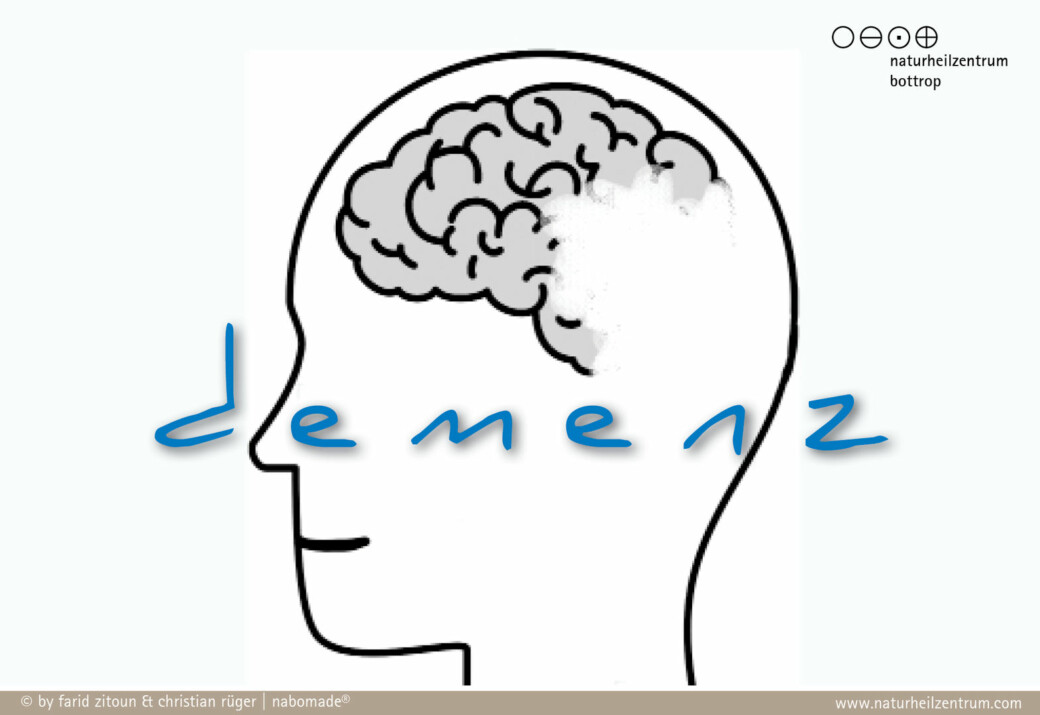
The above-mentioned report (https://www.carstens-stiftung.de/artikel/pflanzliche-hilfe-gegen-das-vergessen.html) also notes that the conventional medical agents for dementia are currently only partially satisfactory and the results of the various studies raise hope for better dementia therapy – especially through the synergy of allopathy and naturopathy.
Prevent dementia with dancing & dance therapy?
One alternative medical treatment method that has proved particularly interesting in dementia prevention is dance therapy. As two studies from Greece and Germany have independently discovered, dancing can help to increase neuroplasticity in seniors (https://www.ncbi.nlm.nih.gov/pubmed/28674488 | https://www.ncbi.nlm.nih.gov/pubmed/30618727). Increased neuroplasticity has, in turn, been associated with the prevention of dementia.
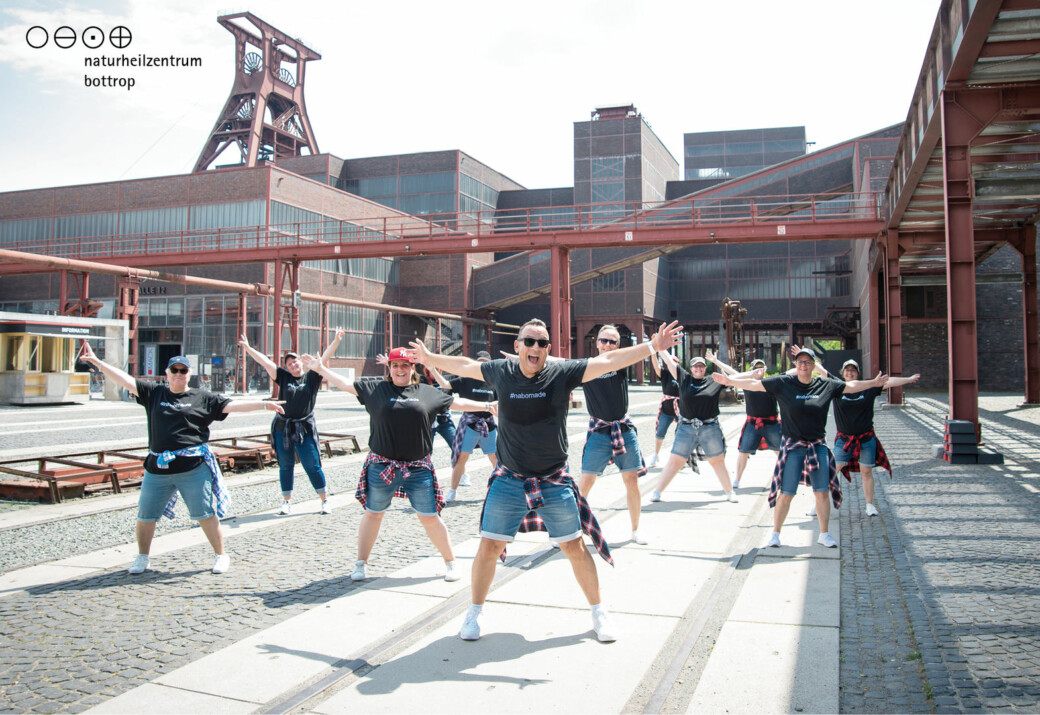
“Studies suggest that the complex dance movements can stimulate the growth of new neurons, which, in turn, will reduce the chance of developing dementia, according to current knowledge,” says Zitoun. “If someone already has dementia, dancing may also help to positively influence the progression of the disease.”
In their new video, Farid Zitoun and his colleague, Christian Rüger deal with the topics of dementia and dance therapy in detail, as well as the many remarkable findings that have been made in recent years. nabo’s Tumblr blog also provides more information on how everyday activities can have a positive impact on the health of seniors.

